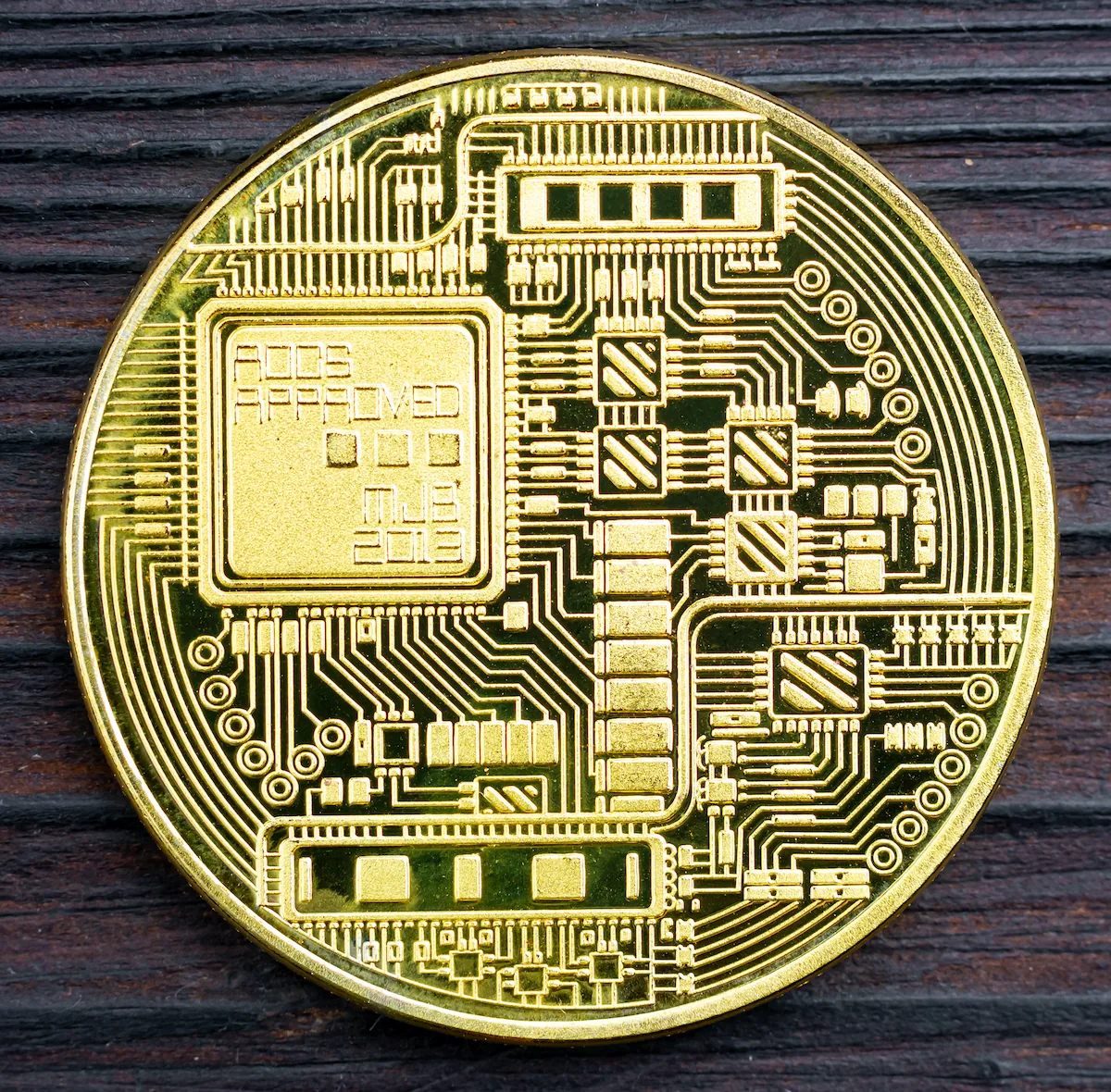What about digital gold?

Given the attractive characteristics of gold as money, and the need for money to be digital, it follows that the ideal money system would be some form of digital gold.
Unfortunately, the following two characteristics of gold are mutually exclusive to digital money:
- non-replicable (impossible to duplicate)
- distributed (ownership and transactions do not require a central authority or third-party intermediaries)
Never can digital money be both non-replicable and fully distributed at the same time (like gold). This is because a means of payment is only considered to be fully distributed when it is possible to both own and transact it without the need or permission of one or more central authorities, organisations or any other intermediaries. Thus, if no trusted third party is needed, the information about possession or any transactions performed need not be recorded anywhere and is known only to the owner or the transacting parties.
Within the context of gold:
- Gold can be purchased without any special authorisation.
- In the vast majority of instances, one is not required to identify oneself when purchasing gold, and you will not be entered into any database.
- When one trades gold for products or services, the transaction is solely between the buyer and seller (peer-to-peer).
- No trusted third party is required for the transaction as the seller can independently verify the gold’s authenticity.
- A seller can be confident that gold will retain its value over an extended period of time (i.e. that he can exchange it for other goods and services of comparable value at a future date).
- Information such as sender, recipient, amount, time of transaction, etc. do not need to be reported or stored anywhere.
Therefore gold is a perfect example of a fully distributed money system. However, this is impossible to achieve with digital money, as it would allow the money to be duplicated.
But why is fully distributed digital money replicable?
Because the digital representation of value is just information, consisting solely of ones and zeros on a digital storage medium. As a result, a fully distributed digital money would be easy to replicate (similar to copy and paste on computers), unlike a chemical element such as gold, which is uneconomical to produce synthetically.
This problem is also known as the double-spending problem, because money that can be easily multiplied can also be spent several times.
If you want to know more about the double-spending problem and why it is impossible to simply use ordinary digital files as money that can be sent to someone else by email or text message, we recommend you read this very easy-to-understand article: What Problems Did Bitcoin Solve?
This forms the basis as to why it is theoretically and practically impossible to create a true digital gold equivalent.